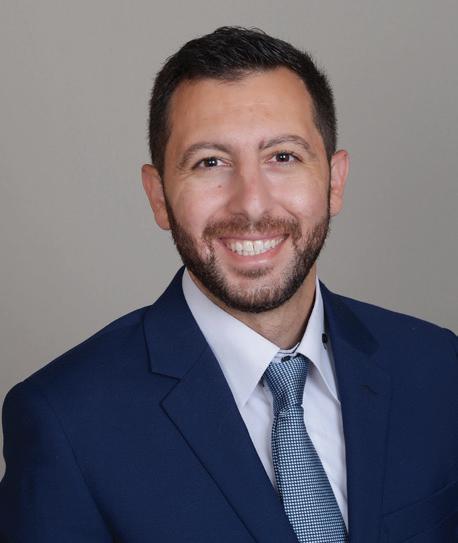
1 minute read
ASIYA FALAK BS
Arizona State University
Asiyafalak@arizona.edu
Advertisement
Asiya Falak is a graduate from Barrett, the Honors College at Arizona State University (ASU) with a degree in Biological Sciences and a degree in Computer Science. Asiya immigrated to America when she was two, and growing up, she has harbored a passion for medicine. She is as a phlebotomist at Clinica Liberacion, a nonprofit clinic that provides healthcare to underrepresented Latinx and queer communities. She also works as a nursing aide on the Medical/Surgical floor helping geriatric patients. After earning her certification as an Emergency Medical Technician, her aspirations are becoming a Trauma surgeon. She hopes her copious amounts of research hours will earn her a place at the University of Arizona’s MD/ PhD program. She is fond of data and bioinformatics; she served as a teaching assistant for Calculus at ASU, and she has a background in genomics and population statistics. In the distant future, Asiya hopes to work as a global doctor, working on projects abroad to better serve disadvantaged communities overseas, and she speaks multiple languages to help her engage better with patients.
⊲ PROJECT
Characterizing Interactions between Vaginal Microbiota and Metabolic Pathways in Patients with Endometrial Cancer
Endometrial cancer, the proliferation of tumor cells in the lining of the uterus, is the 4th most common cancer for women in the United States. To add on, many women of color do not receive a proper diagnosis until they are at a later stage of their condition, and they suffer a poorer outcome. This project aims to integrate microbial data and metabolite data from patients with both benign conditions and endometrial cancer. Analyses of both datasets will reveal enriched pathways involved with endometrial cancer, correlations between metabolites and microbial bacteria, and significant upregulations and downregulations of certain metabolites and bacteria due to the cancer. The significant pathways revealed in this study, such as glycerophospholipid metabolism and teichoic acid biosynthesis, must be studied further to understand the progression of endometrial cancer throughout vaginal microbiomes.





